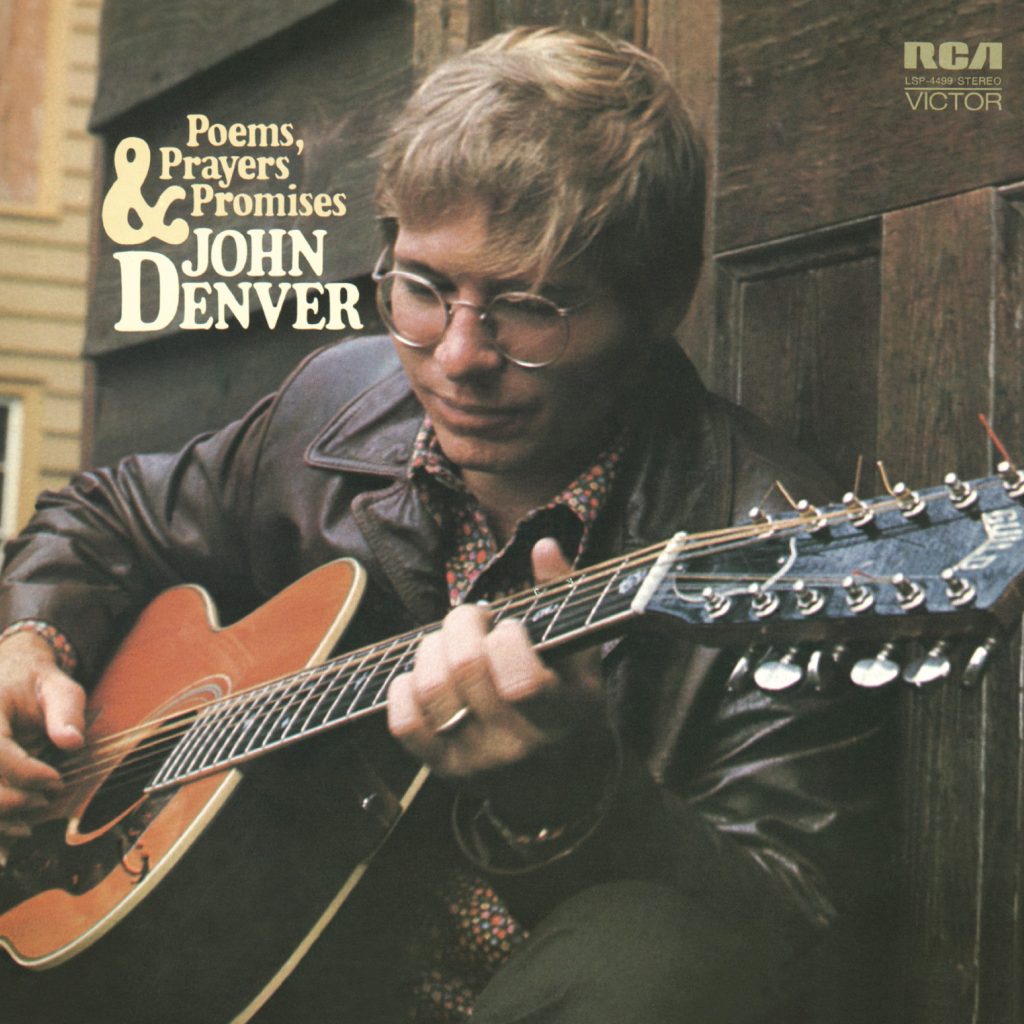
A Humble Testament to Life’s Simple Truths
Ah, the early 1970s. A time when the world seemed to be catching its breath, a brief lull between the tumultuous ’60s and the disco-fueled ’70s. It was in this fertile ground that artists like John Denver truly blossomed, offering a refreshing antidote to the prevailing sounds of rock and protest. His music, often dismissed by some as overly simplistic or saccharine, held a profound resonance for millions, speaking directly to the heart with an earnestness that was both disarming and deeply moving. And few songs encapsulate the essence of John Denver quite like “Poems, Prayers and Promises,” the title track from his 1971 album of the same name.
While “Poems, Prayers and Promises” may not have scaled the dizzying heights of the pop charts in the same way some of his later hits did—it didn’t land in the Top 40, a modest showing for a song of its enduring popularity—its impact was nonetheless significant. It became a cornerstone of his live performances and a beloved staple for his growing legion of fans, solidifying his image as the voice of the natural world and a troubadour of the common man’s spirit. The album itself, “Poems, Prayers and Promises,” was a commercial success, reaching number 10 on the Billboard 200, a testament to the audience’s hunger for Denver‘s gentle, introspective folk sound.
The story behind this particular song is as unadorned and genuine as the man who sang it. John Denver was a songwriter who drew inspiration from the everyday, from the quiet moments of reflection, and from the deep connection he felt to the land. “Poems, Prayers and Promises” is, in many ways, a personal manifesto. It reflects a pivotal period in his life, one marked by introspection and a growing understanding of what truly mattered. It’s a song about coming to terms with life’s journey, acknowledging both its inevitable changes and its enduring constants. There’s a sense of looking back, of summing up the experiences that shape us, and looking forward with a quiet hope. It’s about finding contentment not in grand gestures, but in the small, often overlooked blessings that fill our days.
The meaning woven into the fabric of “Poems, Prayers and Promises” is deceptively simple, yet profoundly resonant. It’s a contemplation of the three elements that, for Denver, formed the bedrock of a meaningful existence: the creative expression of “poems,” the spiritual solace of “prayers,” and the unwavering commitment of “promises.” “Poems” represent the artistic and emotional outpouring, the way we try to make sense of the world and share our inner landscape. “Prayers” speak to the spiritual dimension, the yearning for something larger than ourselves, a connection to the divine or to a deeper sense of purpose. And “promises” symbolize the commitments we make—to ourselves, to loved ones, and to the values we hold dear—those steadfast anchors in a world of flux.
For many of us who lived through those years, “Poems, Prayers and Promises” evokes a powerful wave of nostalgia. It takes us back to simpler times, perhaps to a quiet evening by a crackling fire, or a long drive through rolling hills, the radio softly playing a familiar melody. It’s a song that speaks to the weary soul, offering solace and a gentle reminder to appreciate the beauty in the ordinary. It’s about the quiet strength found in knowing who you are, what you believe in, and where your true allegiances lie. It’s a song that doesn’t demand, but rather invites; it doesn’t preach, but rather shares. And that, perhaps, is its most enduring magic. It’s a soft whisper in a noisy world, a warm embrace that reminds us of the power of genuine sentiment and the enduring beauty of a life lived with open eyes and an open heart.